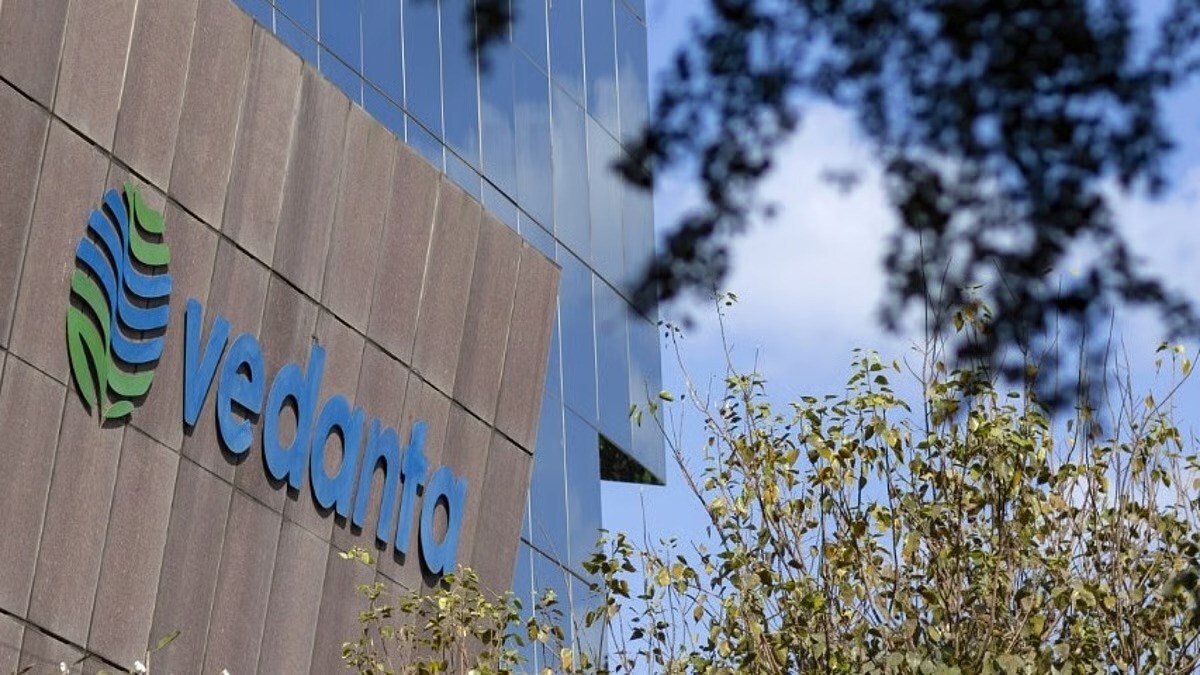您想继续阅读英文文章还
是切换到中文?
是切换到中文?

THINK ALUMINIUM THINK AL CIRCLE

Global mining and metals company Vedanta Resources is pressing ahead with its long-awaited corporate restructuring, with Chief Executive Officer Deshnee Naidoo confirming that the demerger of its Indian arm is targeted for completion within FY2025–26. Her optimism follows a breakthrough in the Talwandi Sabo Power Ltd (TSPL) case, which was awaiting the National Company Law Appellate Tribunal (NCLAT) approval to move forward with its separation from Vedanta Ltd.

Naidoo said, “I’m very optimistic. I think for me the work right now is actually restructuring the organisation as if we are already a demerged company.” She stressed that her immediate priority is to manage the transition smoothly, with the National Company Law Tribunal (NCLT) hearing scheduled for September 17.
The TSPL settlement earlier this month removed one of the most significant hurdles. The National Company Law Appellate Tribunal allowed TSPL to proceed with its separation after it reached a deal with Chinese contractor Sepco Electric Power Construction Corp. over unpaid dues of INR 12,510 million (USD 142.3 million). “The matter related to Talwandi Sabo Power Ltd was actually resolved, and that is a step forward,” Naidoo observed.
Also read: Know what to expect from Vedanta’s revised demerger plan
Vedanta’s 3D strategy gains traction
At its 60th Annual General Meeting, Vedanta Ltd unveiled a bold new framework to guide its growth: demerger, diversification, and deleveraging. This “3D” strategy has already won 99.5 per cent shareholder and creditor approval, reflecting investor confidence in the group’s vision.
Chairman Anil Agarwal declared, “Each business will get a renewed focus, new investors, and a unique opportunity to achieve its full potential. Every one of these has the potential to grow into a USD 100 billion enterprise.”
The revised restructuring plan will see Vedanta split into five independent listed companies, designed to sharpen focus and accelerate sectoral growth. Beyond restructuring, the group is positioning itself at the centre of India’s resource security, with 10 critical mineral blocks under allocation and two flagship projects in the pipeline, the world’s first Zinc Industrial Park and India’s largest Aluminium Park.
Analysts note that Vedanta’s restructuring goes beyond financial moves, signalling a shift towards clean energy expansion, critical mineral security, and innovation-led growth. With global investors pressing for governance and sustainability, the demerger positions Vedanta as a model for India’s industrial strategy and long-term manufacturing competitiveness.
Responses








